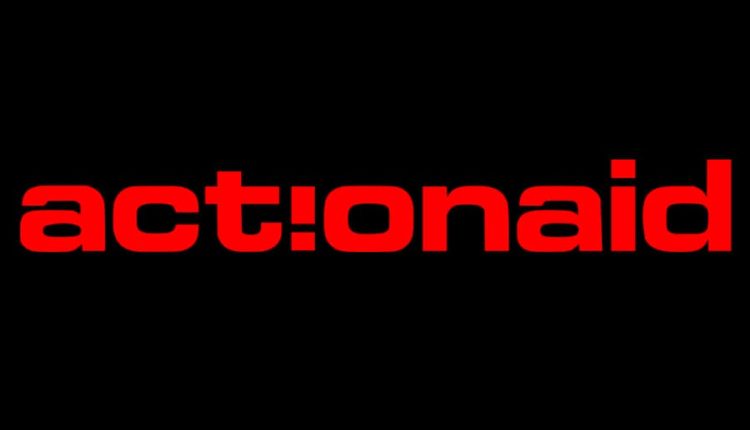The Secretary-General of ActionAid International, Mr. Arthur Larok, has called on all tiers of government in Nigeria to create an enabling environment that allows non-governmental organizations (NGOs) to thrive.
Larok made the appeal on Wednesday during a visit to Pasepa Community in the Bwari Area Council of the Federal Capital Territory (FCT), one of the communities benefiting from ActionAid’s poverty alleviation initiatives. The visit also marked ActionAid Nigeria’s 25th anniversary.
He stressed the importance of government recognition of civil society contributions, saying: “The Nigerian government needs to acknowledge the work of Civil Society Organizations like ActionAid and create an enabling environment for many more to thrive. When CSOs succeed, communities succeed.”
Noting the limitations of NGOs, Larok added: “The investments made by NGOs or CSOs are not enough to completely transform society since they cannot be everywhere. The government, which collects taxes for long-term development, should learn from the successes of these organizations and scale them up.”
On education, he emphasized: “No nation can transform if its people are not educated. Governments must prioritize education, allocate resources effectively, and ensure that community needs are reflected in their budgets. Impact on communities is key to Nigeria’s transformation.”
He also commended Nigerians for their hospitality and praised ActionAid’s impact over 25 years: “I am very impressed with the positive changes ActionAid has created in Nigeria during its 25 years of existence.”
Earlier, Mr. Andrew Mamedu, Country Director of ActionAid Nigeria, said the visit was intended to give the Secretary-General a firsthand view of rural communities, the challenges of poverty, and ongoing interventions. He highlighted the organizations commitment to improving livelihoods and social services, particularly in hard-to-reach areas.
Community leader Mohammed Pasepa expressed gratitude to ActionAid for 12 years of support, noting the establishment of educational facilities, an ICT centre, a library, and youth economic empowerment programs such as petty trade and production of items like soap and pomade. He called for continued development efforts from both NGOs and government authorities to sustain progress in the community.


